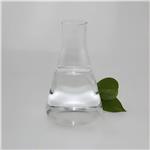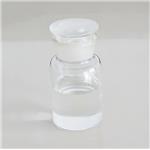Description
Liquid paraffin or mineral oil is a transparent, colourless, odourless, or almost odourless, oily liquid composed of saturated hydrocarbons obtained from petroleum.
Uses
The popularity of liquid paraffin as a treatment for constipation and encopresis stems primarily from its tolerability and ease of titration. Although conversion of mineral oil to hydroxy fatty acids induces an osmotic effect, liquid paraffin appears to work primarily as a stool lubricant. Therefore, liquid paraffin is not associated with abdominal cramps, diarrhoea, flatulence, electrolyte disturbances, or the emergence of tolerance with long term usage, side effects commonly associated with osmotic or stimulant laxatives. These features make liquid paraffin particularly attractive for use in chronic constipation and encopresis of childhood, where large doses and prolonged administration commonly are necessary during the disimpaction and maintenance phases of treatment, respectively.
Application
In an oral dosage form, liquid paraffin is used as a stool softener; it is used in the treatment of constipation by preventing dry and hard stools. As a stool softener, it is not recommended for use in children less than 3 years of age. The topical forms of liquid paraffin are used in a combination with other medicines in skin care products; it is used for the prevention of dry skin.
Side effects
Major & minor side effects for Liquid Paraffin
Diarrhea;
Stomach pain;
Nausea and vomiting;
Itching and skin rash.
Precautions
This medicine is not recommended for use for more than 1 week due to the increased risk of dependence. It may also cause anal irritation on prolonged use.
The oral form of this medicine is not recommended for use in children less than 3 years of age.
This medicine may impair the absorption of fat-soluble vitamins. This risk is especially higher if it is used for a prolonged period of time. You are advised to avoid the use of this medicine for more than 1 week.
This medicine may cause a form of lung inflammation called lipoid pneumonia if it is accidentally inhaled. Hence, this medicine should be used with extreme caution in patients suffering from a difficulty in swallowing.



